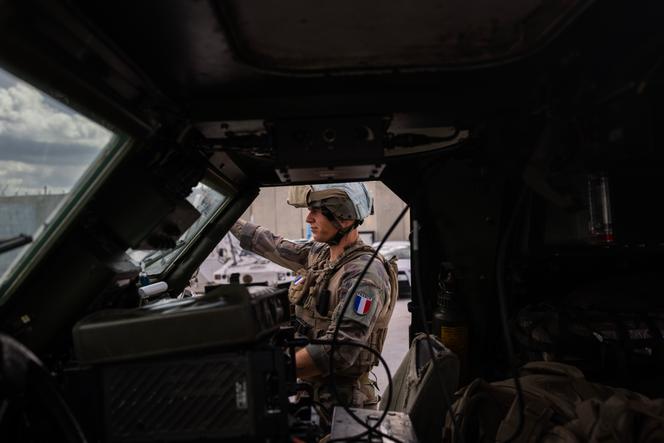

UNIFIL, the peacekeeping mission whose history is intertwined with the tragedies of southern Lebanon

"UNIFIL peacekeepers remain in all positions and the UN flag continues to fly." This was United Nations (UN) secretary-general Antonio Guterres' response – conveyed via his spokesman Stéphane Dujarric on Sunday, October 13 – to Israeli prime minister Benyamin Netanyahu's demand that the UN peacekeeping mission withdraw from "Hezbollah strongholds and combat zones". Guterres also denounced recent Israeli fire against positions of the United Nations Interim Force in Lebanon (UNIFIL).
On more than one occasion since its inception, the presence of UNIFIL has been deemed undesirable on several fronts. The mission was set up in 1978, in the midst of the Lebanon war following Israel's first invasion of the south of the country. Israel's stated aim was to repel the Palestinian fedayeen, who were waging a war from the region. Lebanese diplomats, worried about a partition of the country and Israel's territorial ambitions, fought for the adoption of Resolution 425, which demanded the withdrawal of Israeli forces. "Confirming" their departure is the main mandate assigned to UNIFIL.
The peacekeepers of UNIFIL soon discovered that their mission was "likely to involve blood and fire as well as sunbathing," in the words of British journalist Robert Fisk (1946-2020) in his book Pity the Nation: The Abduction of Lebanon. Palestinian groups launched attacks against UNIFIL troops. However, the main force fighting UNIFIL at the turn of the 1980s was the South Lebanon Army (SLA), a militia armed by Israel and under its orders. Israel entrusted the SLA with the management of the "protection belt," a strip of territory along the border. The attacks carried out by the SLA, in consultation with the Israeli army, had one objective alone: to drive UNIFIL out of the area. But they did not achieve this, and the presence of UNIFIL in the villages where it was deployed ensured relative security for the inhabitants.
The UN peacekeepers were still on mission when the Israeli army finally withdrew from southern Lebanon in 2000. In the "protection belt" that it extended after its second invasion of Lebanon in 1982, the Israeli army had been engaged in longterm fighting with guerrillas – led initially by the communists and militiamen of the Shiite Amal movement, then by Hezbollah. In the 1980s, Hezbollah also took aim at UNIFIL, which it perceived as an instrument of "global arrogance" for the protection of Israel, noted another British journalist, David Hirst in Beware of Small States: Lebanon, Battleground of the Middle East (2010).
You have 38.16% of this article left to read. The rest is for subscribers only.
